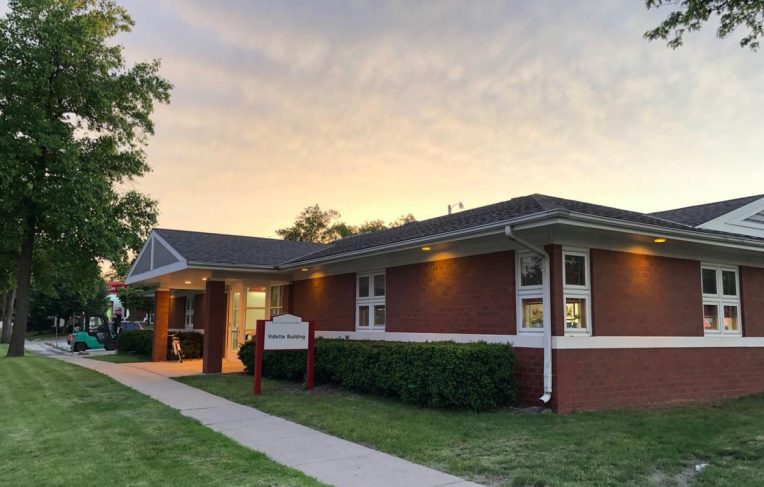In today’s technological society, news and media can be accessed in a split second through our smartphones and laptops. As with other newspapers and print media outlets, The Vidette has felt the repercussions of the shift into a more technologically reliant society.
Started in 1888, The Vidette has a long-standing history of excellence. This past year it won first place for overall General Excellence at the Illinois College Press Association contest. Although The Vidette has continued to be successful, in recent years the revenue and supplemental funding has declined. In response to this decline, a committee has been formed to determine how to transition from print to digital.
First meeting in August, the committee is comprised of members of The Vidette‘s publication board, members of WGLT, faculty from the School of Communication, and Vidette alumni and students. The committee’s new goal for The Vidette is to not only become a digital news source, but also to integrate The Vidette in a state-of-the-art curriculum for digital journalism. Dr. Stephen Hunt, executive director for the School of Communication (COM), described the committee’s goal as “to chart a path forward that creates a transformational change for The Vidette in a positive way.”
To integrate The Vidette more into the journalism curriculum, the newspaper must transition out of being a registered student organization (RSO). Transitioning out of that model changes its funding approach and, with students and faculty playing essential roles, such as editors and faculty advisors, changes the compensation approach for people’s work.
Reaching out to Dr. Diane Zosky, dean of the College of Arts and Sciences, allowed the committee to determine funding sources needed for The Vidette‘s transition, which would include acquiring state-of-the-art technology needed at the outset to create a robust digital news operation. Even with this funding for the transition period, The Vidette’s committee plans to work with alumni to raise funds to support The Vidette over the longer term.
While the greater integration of The Vidette into the journalism curriculum is new, The Vidette already has solid footing for an all-online operation. The Vidette has a fully functioning website as well as an app available in iOS App Store and Google Playstore. The online presence does not end there, as The Vidette can be found on social media, including Facebook, Twitter, LinkedIn, YouTube, Pinterest, and Instagram.
The committee set a deadline of having a new business-and-curriculum model for The Vidette by Thanksgiving, and its members are confident about the model they have been developing. Not only will this model for The Vidette‘s rebirth be proposed to ISU administration, but a plan will be included to implement that model in the fall of 2021. The Vidette posted a more-detailed story about its rebirth as a digital-only news source on December 9, and you can read it online here.

